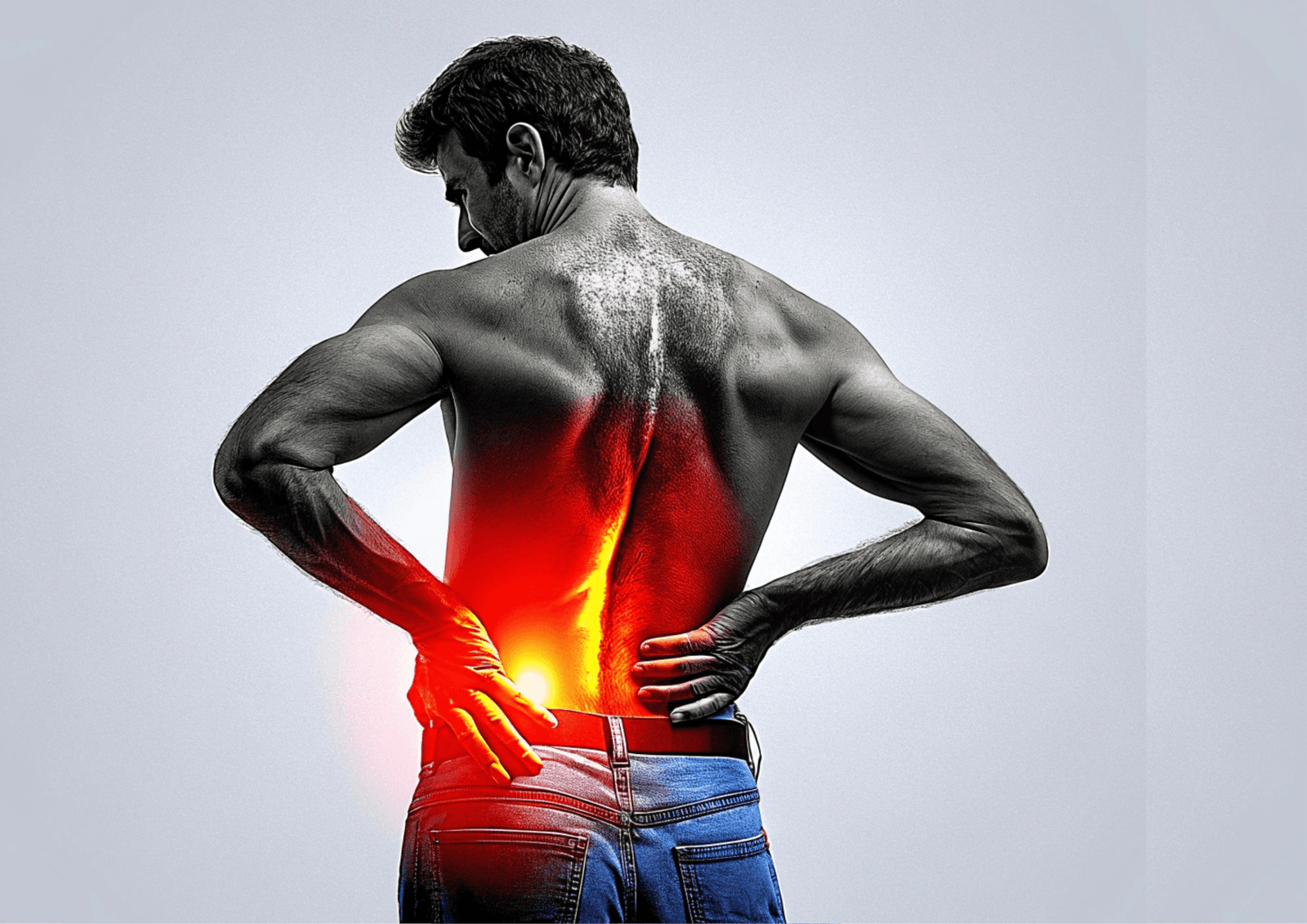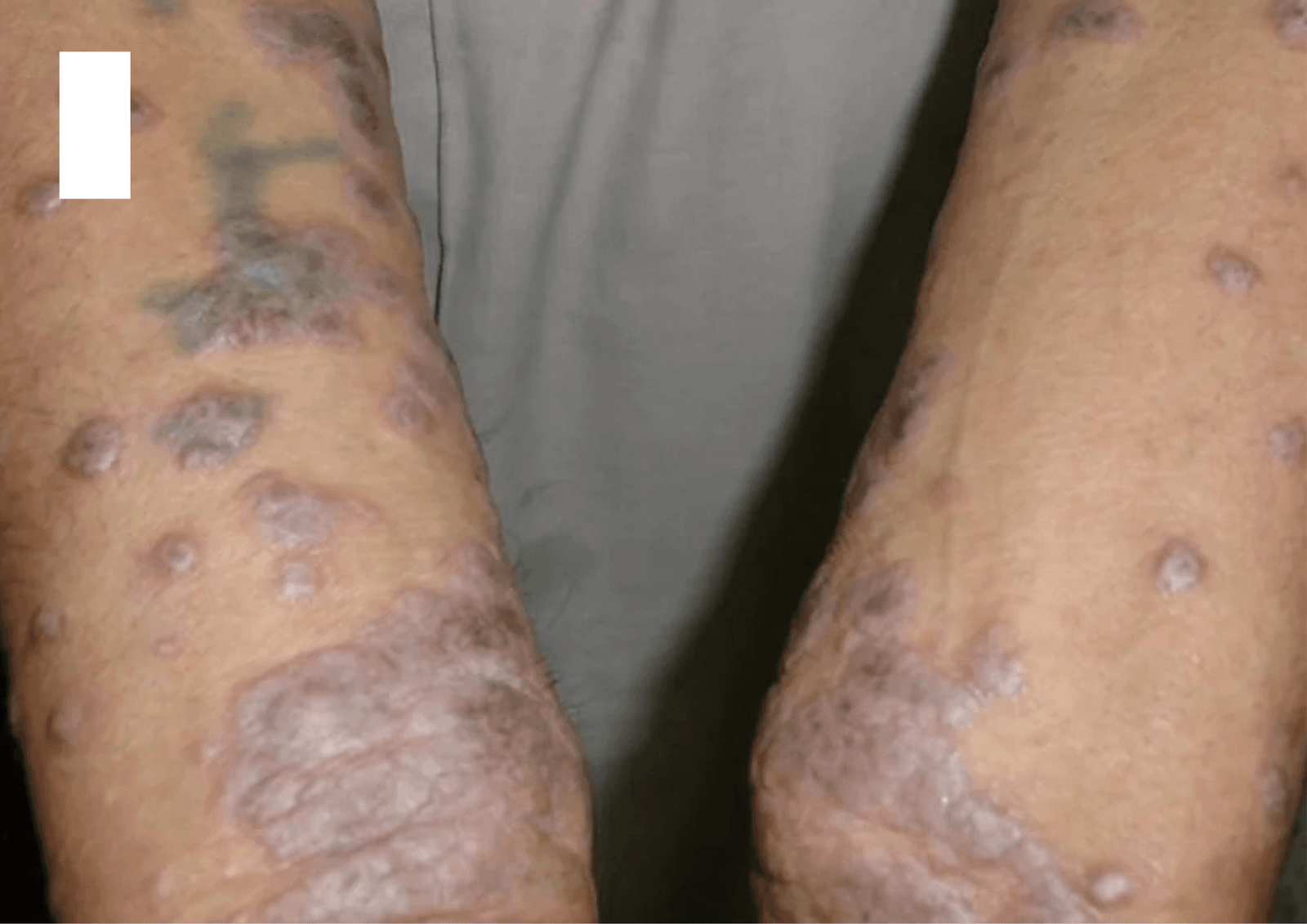
Kidney stones are definite groups or crystals that are created from importance (like minerals, acids, and salts) in your kidneys. They can be as little as a seed of sand or — infrequently — bigger than a golf ball. Kidney stones are also called renal calculi or nephrolithiasis.
Symptoms of kidney stones
The most common sign of kidney stones is pain in your lower back, stomach, or side (flank pain). It might feel like it grows from your groin to your side. It can be a light pain or sharp and intense. It’s occasionally called colicky pain because it can get more harmful in waves.
Different kidney stone symptoms include:
- Sickness and vomiting.
- Bloody pee.
- Pain when you pee.
- Incapability to pee.
- Feeling the desire to pee a lot.
- Fever or colds.
- foul-smelling pee.
Different Types of kidney stones
Stones are named for the different types of crystals they’re made up of:
- Calcium-oxalate and calcium phosphate stones: Calcium-based stones can form when you consume high-oxalate or low-calcium foods and aren’t drinking sufficient liquids. Calcium-oxalate stones are the multiple standard types of kidney stones.
- Uric acid stones: Consuming animal proteins (poultry, pork, eggs, and fish) can cause uric acid stones to start.
- Struvite stones: Bacterial diseases can cause struvite stones. Duplicated infections can lead to a staghorn calculus, a very big kidney stone that usually requires to be surgically extracted.
- Cystine stones: An inherited infection called cystinuria generates cystine stones. Cystine is a meaning created of two cysteine amino acids attached.
You might be at a more increased chance of forming kidney stones if you:
- Don’t drink enough liquids.
- Eat meals and other protein-rich foods.
- Eat foods high in sodium or sugars.
- Carry vitamin C supplements.
- Have a family record of kidney stones.
- Have had tummy or intestine surgery, including gastric bypass surgery.
- Have specific medical conditions.
- Medical conditions that increase kidney stone risk.
Specific health infections can put you at a higher chance of kidney stones.
- Cystic fibrosis.
- Cystinuria is a genetic condition that causes a buildup of cystine.
- Diabetes.
- Gout.
- High blood pressure.
- High calcium groups in your urine.
- Inflammatory bowel disorder (IBD).
- Kidney cysts.
- Obesity.
- Osteoporosis.
- Parathyroid infection.
- Direct hyperoxaluria.
- Hemiplegia or paraplegia (types of paralysis).
Kidney stone methods
If you have a kidney stone that can’t pass on its own or is stopping your urinary tract, your provider will suggest a method to break up and/or release the stone. The type of procedure they suggest depends on multiple characteristics, including the length and area of the stone.
Kidney stone procedures have:
- Shockwave lithotripsy: A provider operates shockwaves to break apart the stones from the outside of your body. The fragments can move via your urinary tract and out of your body more smoothly.
- Ureteroscopy: A provider inserts a capacity via your urethra and bladder and into your ureter. Devices the provider gives via the measurement can break up and release the stone. The shorter works can move through your urinary tract and out of your body more smoothly.
- Percutaneous nephrolithotomy: Your provider may suggest percutaneous nephrolithotomy when they can’t treat a kidney stone with other methods. During percutaneous nephrolithotomy, your provider inserts a pipe directly into your kidney through a tiny incision (cut) in your back. An ultrasound search breaks apart and releases the stones.
- Laparoscopic surgery: During laparoscopic surgery, your provider makes a small incision to release the stone. In some rare chances, your provider energy demands to perform open surgery (with a larger incision) rather than laparoscopy.
Consuming foods that are useful sources of calcium. While it may not appear like it, foods increased in calcium can help control kidney stones. The duplicate isn’t true for calcium supplements or antacids with calcium, which can improve your risk for stones.
Pharmaceutical medicines. If modifications to the something you eat don’t help, your provider may specify medicines that help control kidney stones. The type of medicine depends on the type of stones you get.
If you want to 100% organic Ayurvedic Products Click Here.
Home Remedies for Kidney Stones
Kidney Stones are small, hard deposits that form inside the feathers. They can vary in size and beget significant discomfort or pain. While medical treatment is sometimes necessary, many people find relief through natural remedies. This guide will help you explore effective home remedies for managing and preventing kidney stones.

Hydration: The Key to Prevention
- Importance of Drinking Water: One of the simplest yet most effective remedies for preventing kidney stones is staying hydrated. Water helps to dilute urine, reducing the concentration of substances that form stones.
- Best Fluids for Kidney Health: While water is the best choice, other fluids like herbal teas and diluted fruit juices can also be beneficial. Avoid sugary drinks and excessive caffeine, which can contribute to kidney stone formation.
Lemon Juice and Olive Oil
- How Lemon Juice Helps: Lemon juice contains citric acid, which can help break down kidney stones and prevent them from growing larger. Drinking a mixture of lemon juice and water can be a simple and effective remedy.
- Benefits of Olive Oil: Olive oil, when combined with lemon juice, can help ease the passage of stones through the urinary tract. It may also help reduce inflammation and discomfort.
Apple Cider Vinegar
- Apple cider vinegar is believed to help dissolve kidney stones due to its acidic nature. It can also help balance the pH of urine, making it less likely for stones to form.
- How to Use it Effectively: Mix two tablespoons of apple cider vinegar with water and drink it several times a day. Ensure you stay hydrated and consult a healthcare provider if you experience any adverse effects.
Foods to Avoid
Certain foods can increase the threat of kidney stone. These include high-oxalate foods like spinach and nuts, excessive salt, and animal proteins. Reducing these foods can help prevent stone formation.
Foods that Promote Kidney Health
Include foods rich in antioxidants, such as berries and leafy greens, and maintain a balanced diet. Foods like watermelon, cucumber, and celery are particularly good for kidney health.
Herbal Remedies
- Dandelion Root: Dandelion root is known for its diuretic properties, which can help flush out toxins and reduce the concentration of substances that cause kidney stones.
- Nettle Leaf: Nettle leaf is another herbal remedy that may support kidney health by increasing urine flow and reducing inflammation.
- Cayenne Pepper: Cayenne pepper contains capsaicin, which can aid in pain relief and may help improve circulation, potentially assisting in the passing of kidney stones. Add a pinch of cayenne pepper to warm water or your meals. Start with small amounts to assess tolerance and effectiveness.
- Pomegranate Juice: Pomegranate juice is rich in antioxidants and has anti-inflammatory properties, which may help reduce the size of kidney stones and prevent new ones from forming. Drinking a small glass of pomegranate juice daily can be beneficial. Choose 100% juice without added sugars or preservatives.
- Basil Juice: Basil contains acetic acid, which helps dissolve kidney stones and alleviate pain. It also has anti-inflammatory and antibacterial properties. Juice fresh basil leaves and mix with water. Drink this mixture daily to help manage kidney stones.
Home Remedies for Pain Relief
- Warm Compress: Applying a warm compress to the affected area can help relieve pain and reduce inflammation associated with kidney stones.
- Epsom Salt Baths: An Epsom salt bath can provide relief from kidney stone pain by relaxing muscles and soothing the body. Follow the instructions on the package for proper use.
- Exercise and Lifestyle Adjustments:
- Importance of Regular Exercise: Regular exercise promotes overall health and can help reduce the risk of kidney stones by improving circulation and kidney function.
- Tips for a Kidney-Friendly Lifestyle: Maintain a balanced diet, stay hydrated, and avoid excessive salt and sugar. Regular check-ups with your healthcare provider are also essential for monitoring kidney health.
When to Seek Medical Attention
- Signs That Require Professional Care: If you experience severe pain, persistent nausea, or blood in your urine, it’s important to seek medical attention. Kidney stones can sometimes lead to complications that require professional treatment.
- Importance of Regular Check-ups: Regular check-ups can help detect kidney stones early and prevent complications. Your healthcare provider can offer substantiated advice and treatment options.
Conclusion
Kidney stones are tough, pebble-like pieces of material that form in one or both of your kidneys when high levels of specific minerals are in your urine. Kidney stones infrequently cause permanent injury if treated by a healthcare expert. Kidney stones vary in size and shape. Home remedies can be an effective way to manage and prevent kidney stones. By staying hydrated, making dietary changes, and using natural remedies, you can support your kidney health and potentially reduce the risk of stone formation. Remember to consult with a healthcare provider before starting any new treatment, especially if you have existing health conditions.
For More Information Click Here.



